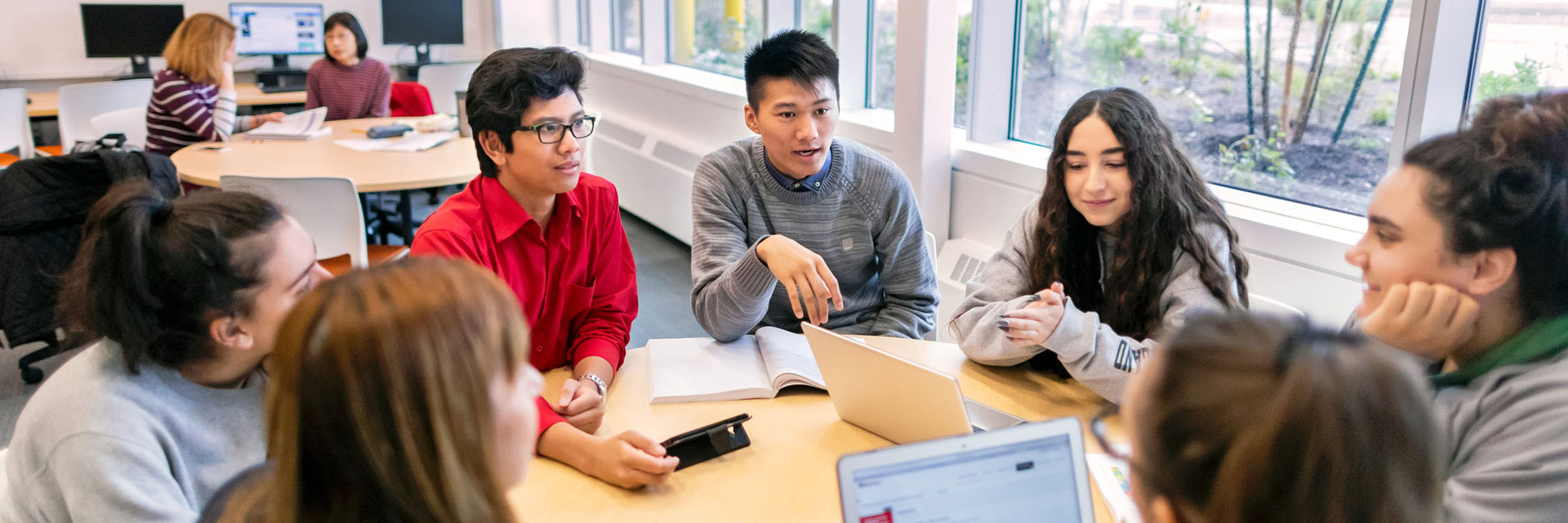Throughout this program you will develop the following skills:
- Settlement agencies
- Schools
- Refugee shelters
- Community centres
- Criminal justice system
- Women’s programs, shelters and agencies offering services for immigrant youth
Based on your skills, interests and professional background you will qualify to work as:
- Job search workshop facilitator
- Host program worker
- Settlement worker
- Housing worker
- School settlement worker



